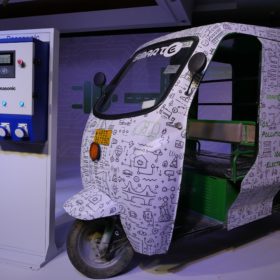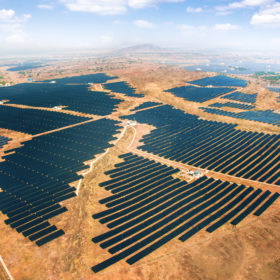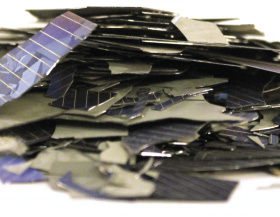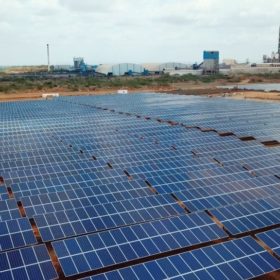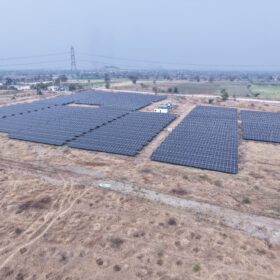The prospects for solar in a 1.5C world
We will need 10.7 TW of clean energy generation capacity this decade to stay on track with the most ambitious of the climate change paths agreed in Paris, which would include plenty of solar investment and jobs, according to the International Renewable Energy Agency.
Sangam completes sale of 24 MW solar assets to Aditya Birla Renewables
The Mumbai-headquartered commercial and industrial solar solutions provider has divested its entire stake (51%) in the 24 MW operational PV assets for INR 41.60 crore.
Transforming lives through solar mini-grids
Smart Power India (SPI), a subsidiary of US-based impact investor Rockefeller Foundation, has supported the setting up of more than 300 renewable energy mini-grids cumulating to 9.2 MW of capacity across Bihar, Uttar Pradesh, and Jharkhand, the largest such cluster in India. Jaideep Mukherjee, chief executive officer at SPI, spoke to pv magazine about the role of mini-grids in rural upliftment and the barriers to overcome.
IEEFA warns the financial risk for new coal under-estimated
A new IEEFA report says the levelized cost of energy (LCOE) for coal in India is calculated based on an overestimation of factors such as utilization rates. The deemed low cost per unit of energy makes coal-fired plants look more attractive to potential investors than these really are!
Where the ALMM listing requirement went wrong for India’s solar mission
The idea behind introducing the Approved List of Models and Manufacturers (ALMM) was to have a quality benchmark for solar modules. However, in its current form, it is more of a non-tariff barrier for foreign manufacturers and limits solar developers in terms of the choice of module wattage and make.
FAME II subsidy scheme extended by two years
The second phase of the Faster Adoption and Manufacturing of (Hybrid) and Electric Vehicles (FAME) subsidy scheme to promote electric mobility in India will now run until March 31, 2024.
MUFG closes US$ 163 million finance for Azure Power’s 300 MW solar project
The latest transaction follows MUFG’s commitment to the debt funding facility for Adani Green’s under-construction hybrid portfolio of solar and wind projects in Rajasthan.
Solar photovoltaic quality control and waste management in India
As PV waste is set to rise rapidly in the coming decades, India needs to invest in efficient recycling technologies and devise a clear-cut policy for the safe disposal of PV waste. Guidelines for stringent quality checks and validation for both imported and locally produced solar panels are also needed to avoid early-loss solar waste.
ION Energy raises $3.6 million in latest funding round
The battery management solution provider will use the funds to grow its team, invest in product development, and expand the software business in North America and Europe.
Fourth Partner Energy raises US$125 million in equity funding from Norwegian and US investors
The Hyderabad-based corporate solar solutions provider would use the funds towards business expansion across Indian and International markets as it targets 3 GW of installed solar capacity by 2025.





